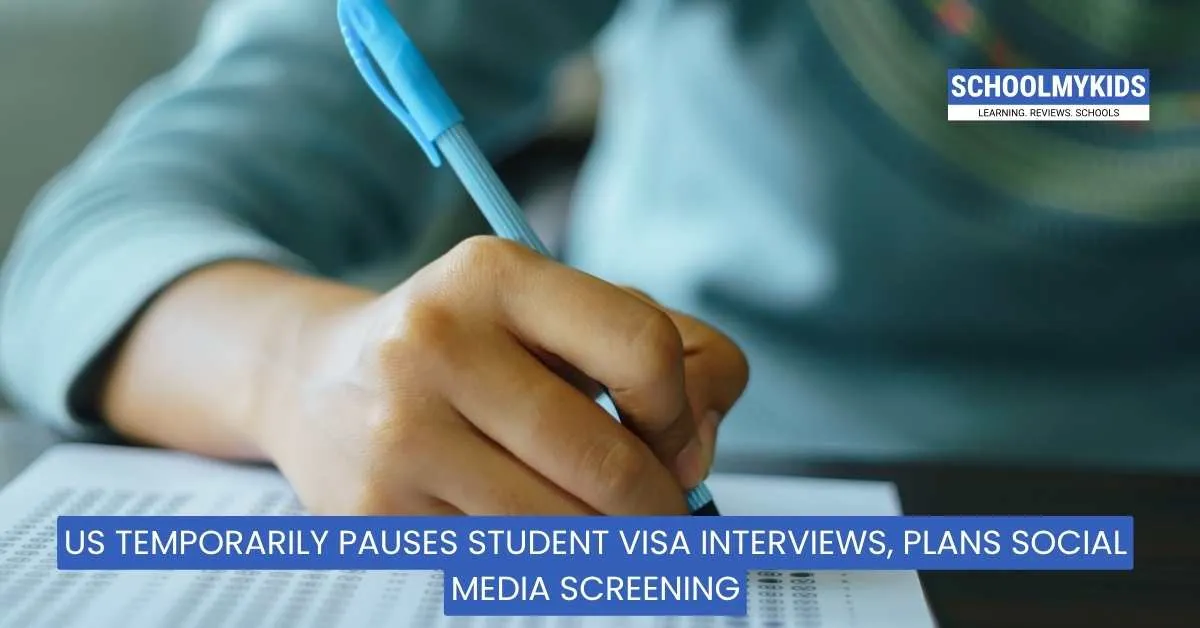The United States Department of State has announced a temporary suspension of all new student visa interview appointments across embassies and consulates worldwide. This move is part of the government’s plan to introduce expanded social media vetting procedures for international student applicants under visa categories F, M, and J.
Background and Reason
In a recent diplomatic cable signed by Secretary of State Marco Rubio, consular officers have been directed to halt any further scheduling of student or exchange visitor visa appointments until new guidelines are issued. The primary goal behind this policy is to strengthen national security by incorporating social media checks as part of the applicant evaluation process.
This expanded screening aims to assess security risks by analyzing the online behavior and content shared by applicants on platforms such as:
- X (formerly Twitter)
- TikTok
- Other public social media platforms
The exact criteria for evaluating social media content have not yet been publicly disclosed.
Impact on International Students
The announcement has led to rising concern among universities, international students, and education advocacy groups. Key concerns include:
- Delays in student visa processing
- Uncertainty in enrollment plans
- Potential drop in international student admissions
Many universities in the U.S. rely on international students for both cultural diversity and financial contributions. With peak admission season underway, this pause may disrupt academic timelines for students who were preparing to join U.S. institutions in Fall 2025.
Clarifications and Current Status
- Applicants with interviews already scheduled are not affected by this new directive.
- There is no official date announced yet for when new interview appointments will resume.
- The U.S. State Department has advised visa applicants to wait for further instructions and monitor embassy websites for updates.
Expert Reactions
Critics argue that this level of digital surveillance could:
- Compromise privacy
- Create barriers for deserving candidates
- Lead to subjective interpretations of online content
However, supporters of the policy highlight its role in safeguarding national interests by screening potential security risks in advance.
Final Note
This development comes at a crucial time for thousands of students planning to begin or continue their education in the United States. All stakeholders, including students and institutions, are advised to stay updated through official sources such as travel.state.gov and embassy portals.
For now, the suspension stands as the U.S. government fine-tunes its immigration screening processes in the digital age.









Be the first one to comment on this story.